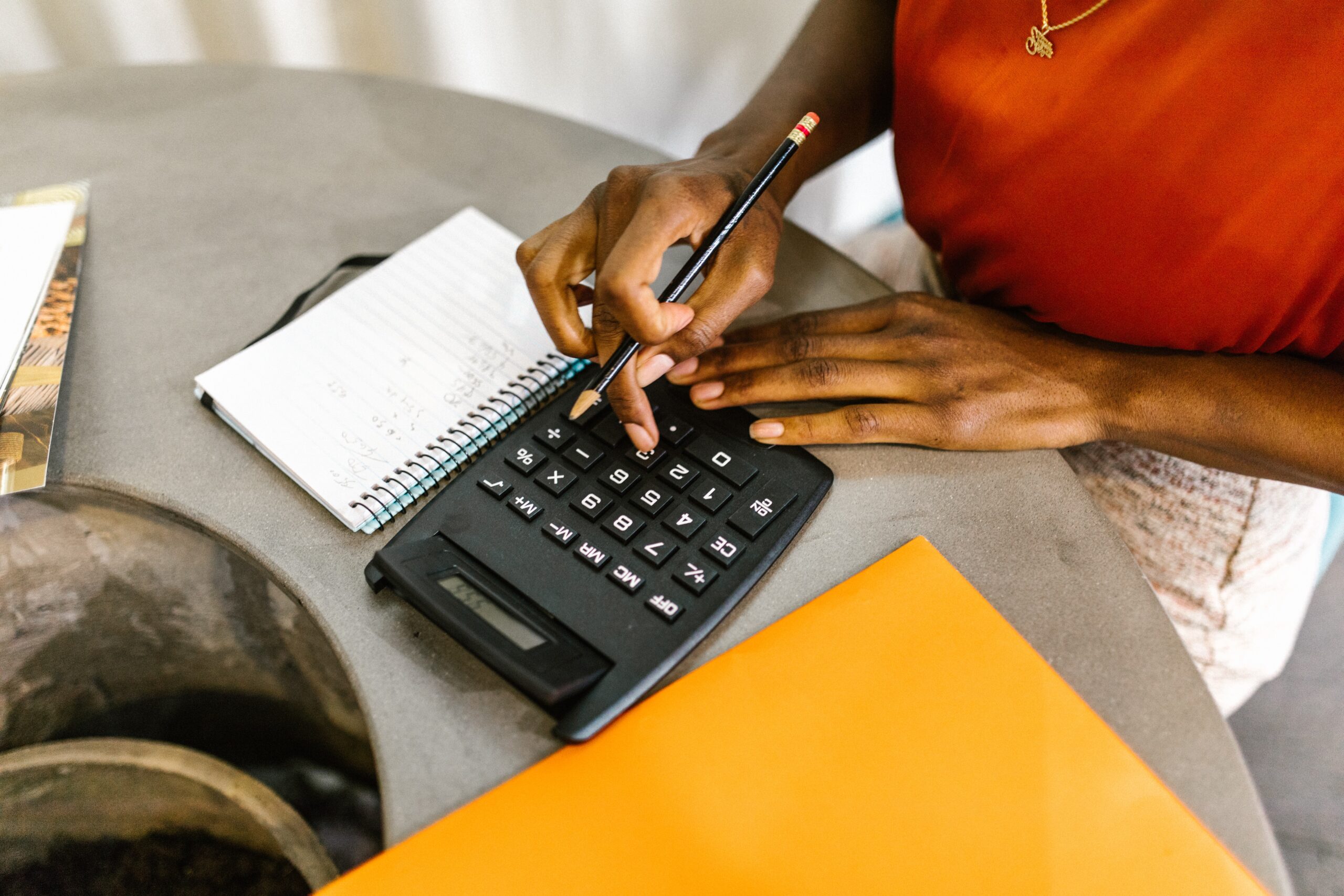11 Money Terms to Learn Today

By Kelly Burch
There’s no shame in not knowing money terms, but it’s important to recognize that everyone deserves the knowledge. Having financial literacy is a right, not a privilege, and research shows that having a better understanding of financial topics actually reduces money anxiety.
Financial literacy is the ability to understand the terms related to earning, saving, investing, and spending money. When you’re familiar with the words, you can use them to help make good financial decisions. Even if you’re not in a position to master big financial tasks such as paying off all your debt or building good credit, knowing these terms can help you take small steps that will lead to you feeling more in control of your money.
Budget
A budget is a plan for your money. It lets you tell your money where to go, rather than wonder where it went. Budgets don’t have to be complex, scary, or limiting, even though they can seem that way at first. Instead, they show that you’re the boss of your money. Check out this template for teens to get started, or create a college-specific budget with this template.
Interest
Interest is the price of borrowing money, and there are two sides to it. When you borrow money, such as with a credit card or car loan, you pay interest. When you store money in a bank, they pay interest to you. You want a lower interest rate when you’re borrowing, because that’s money you’re paying someone else. When you’re saving, however, you want a higher interest rate, because that’s money they are paying you.
Debt
Debt is money you owe. It’s best to avoid high-interest debt, such as credit cards, because it means you are paying a lot to borrow money from the credit card company. Other types of debt, such as student loans, car loans, and mortgages (loans used to pay for property), generally have lower interest rates and are often necessary.
Savings
Savings is money you put aside, usually in a bank account. Savings can be for something you want, such as a new game console; upcoming costs, such as college or a course; or emergencies, such as a broken-down car. Having savings helps you deal with financial challenges and can reduce your stress. Try to save something every time you’re paid, even if it’s just $5.
Checking Account
A checking account is a type of bank account in which you can make unlimited deposits (putting money in) and withdrawals (taking money out). It’s the type of bank account you use for most daily expenses. Your pay can go into the account by a check or automatic deposit, which means your employer sends the money right to the bank.
Debit Card
A debit card is a payment card linked to your checking or savings account. When you make a purchase with the card, the money comes out of your account. You don’t pay interest, since you’re spending your own money. If you don’t have money in the account, either the card won’t work or the bank will put the payment through but charge you a fee, known as an overdraft fee.
Credit Card
A credit card allows you to pay for things with borrowed money. Most credit cards have a credit limit, which is the maximum amount you can spend. They charge high interest when you don’t pay your bill each month, which means everything you pay for will end up costing more unless you pay the bill right away. It’s best to avoid credit cards, use them in a very limited way, or pay them off every month, which means tracking how much you spend on them so you have the money to cover your purchases.
Compound Interest
Compound interest is a type of interest in which you’re paid not just for the initial amount of money you saved or invested, but also for the interest that money has earned. You earn interest on interest. Compound interest is important because it can help your savings grow a lot over time.
Credit and Credit Score
Credit is the ability to borrow money. Lenders, such as banks, look at your credit score, which is represented as a number between 300 and 850. They use that score to measure how likely they believe you are to make payments on your debt. A high credit score can help you get approved to borrow money and get a lower interest rate. Some landlords even check your credit score before renting to you . You build credit by borrowing money and making payments on time.
Inflation
Inflation is a rise in prices, and it affects the cost of living. If the prices of items such as groceries and gas rise rapidly but your pay doesn’t increase, you may not have enough money. During times with high inflation, you may need to adjust your budget.
Investment
An investment is money you put to work in a way you hope will create more money for you in the future. Many people invest in stocks, which give a tiny piece of ownership in a company. You can also invest in property, known as real estate. Investments give you a way to earn more than you would in a savings account, but they come with the risk of losing money.
Creating a whole financial vocabulary takes time, so be patient with yourself. Take some time to start building your financial wellness with the steps on page 11 of this worksheet.





